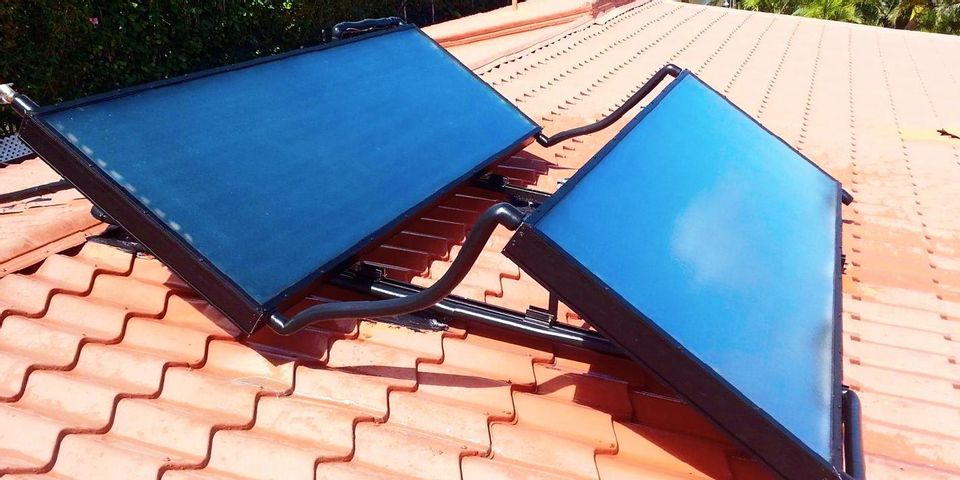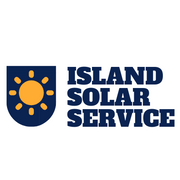
Solar water heating systems have become popular additions to homes, particularly in Hawaii. The year-round sunny days make it a prime location to harness UV rays and turn them into an environmentally friendly and financially sound way to provide hot water for your residence. If you're new to solar energy, you may wonder what to expect, so consult the frequently asked questions below.
A Guide to Solar Water Heating Panels
How do water heating solar panels work?
A solar water heating system includes a storage tank and a solar collector. There are also two types of systems: active and passive.
Active systems have circulating pumps and controls and either direct or indirect circulation. The direct circulation variants are more cost-effective and efficient and are preferred in warm weather climates like Hawaii. Water pumps through the collector, where it's heated by the sun. Depending on the installation, the heated water will be stored in a tank or fed directly into the home.
Passive solar water heating systems don't have circulating pumps and controls. Instead, they use natural convection to transfer the water as it heats from the collector to the storage tank. Integral collector-storage passive systems work well in Hawaii's warm climate and can accommodate large households.
The passive thermosyphon variant has the collector installed below the storage tank to ensure the warm water rises. Both passive solar water systems are equally reliable.
What are the benefits of investing in a solar water heating system?
 Homeowners will see their utility bills decrease between 50% and 80%, allowing the system to pay for itself quickly. Energy-efficiency is also attractive to potential buyers, which increases the resale value of your home. Since Hawaii has the perfect environment for solar energy use, the government also provides homeowners with incentives and rebates for investing in energy-efficient systems.
Homeowners will see their utility bills decrease between 50% and 80%, allowing the system to pay for itself quickly. Energy-efficiency is also attractive to potential buyers, which increases the resale value of your home. Since Hawaii has the perfect environment for solar energy use, the government also provides homeowners with incentives and rebates for investing in energy-efficient systems.
What type of maintenance do they require?
Panels generally don't require maintenance. However, if your panels don't receive enough sunlight because of nearby foliage, you may want to trim the trees back. You might also want to get an occasional professional cleaning if the panels tend to accumulate pollen, dust, or grime.
Why is solar energy an eco-friendly option?
Many homeowners choose to go solar because they want to do their part for the environment. Solar energy is a renewable resource. Using UV rays in your home won't limit the amount of energy other people can use from the same UV rays. By relying more on solar power, greenhouse gas emissions from traditional electric production methods will be reduced, helping to combat global warming and promoting healthier air.
If you want to take advantage of a solar water heating system's many benefits, reach out to Island Solar Service. This green energy sector leader is based in Honolulu and provides high-quality products and services across Oahu. Learn more about their offerings on their website, and call (808) 833-1000 to schedule a consultation.
About the Business
Have a question? Ask the experts!
Send your question

